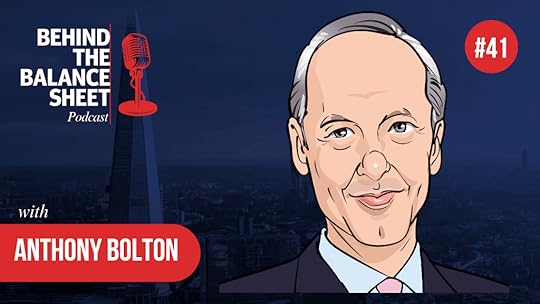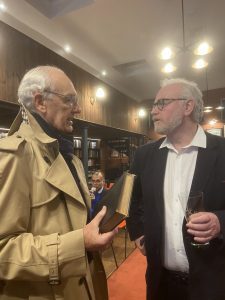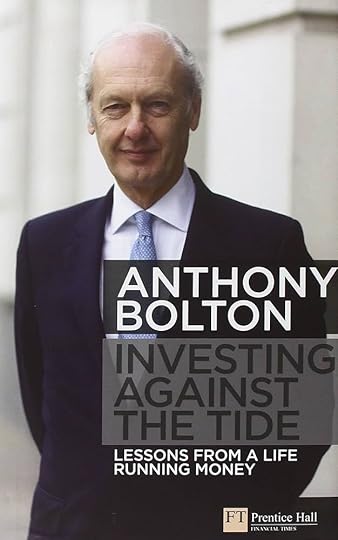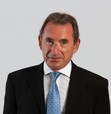#41 – The Composer
 /*! elementor - v3.22.0 - 24-06-2024 */.elementor-widget-text-editor.elementor-drop-cap-view-stacked .elementor-drop-cap{background-color:#69727d;color:#fff}.elementor-widget-text-editor.elementor-drop-cap-view-framed .elementor-drop-cap{color:#69727d;border:3px solid;background-color:transparent}.elementor-widget-text-editor:not(.elementor-drop-cap-view-default) .elementor-drop-cap{margin-top:8px}.elementor-widget-text-editor:not(.elementor-drop-cap-view-default) .elementor-drop-cap-letter{width:1em;height:1em}.elementor-widget-text-editor .elementor-drop-cap{float:left;text-align:center;line-height:1;font-size:50px}.elementor-widget-text-editor .elementor-drop-cap-letter{display:inline-block}
/*! elementor - v3.22.0 - 24-06-2024 */.elementor-widget-text-editor.elementor-drop-cap-view-stacked .elementor-drop-cap{background-color:#69727d;color:#fff}.elementor-widget-text-editor.elementor-drop-cap-view-framed .elementor-drop-cap{color:#69727d;border:3px solid;background-color:transparent}.elementor-widget-text-editor:not(.elementor-drop-cap-view-default) .elementor-drop-cap{margin-top:8px}.elementor-widget-text-editor:not(.elementor-drop-cap-view-default) .elementor-drop-cap-letter{width:1em;height:1em}.elementor-widget-text-editor .elementor-drop-cap{float:left;text-align:center;line-height:1;font-size:50px}.elementor-widget-text-editor .elementor-drop-cap-letter{display:inline-block} Anthony Bolton has a 28 year track record as one of the UK’s most successful investors. Peter Lynch described him as one of the best investors on earth, yet he is modest, unassuming and incredibly popular with former collegaues.
SUMMARYAnthony Bolton is best known for 19.5% pa returns from his Fidelity Special Situations Fund, 6% above his benchmark, over a 28 year period. He was not only a highly accomplished investor but was both revered and liked by his colleagues. Pragmatic, unfailingly courteous, courageous, and universally liked, he exhibits none of the arrogance that is often exhibited by successful investors with far inferior performance. In a first for this podcast, this interview was recorded live at the Library of Mistakes in Edinburgh on November 21, 2024, in front of an audience of investors, professional and amateur.
Some takeawaysMy plan was to ask Bolton about his book, his track record and how he did it. We ended up having a quite varied conversation but with one central theme, appropriate, given the venue. I kicked off by asking Anthony about what distinguished a good fund manager from an average one – he responded that it’s not about making better gains on the winners or making bugger winners but about making fewer mistakes.
This was a consistent theme of our conversation – he managed money in a very particular way with a lot of stocks and he says he made lots of mistakes. He suggested that you only needed a win rate of 55%, although interestingly, his win/loss rate was never calculated.He placed great store on meeting companies and on hearing a consistent story. He would trim or increase positions after such meetings, depending on where valuations were and his level of conviction and assessment fo downside risk. He rarely exited a position entirely after a meeting, unless something changed dramatically. He thought the thesis was important. And if the thesis changed, that was generally a signal to exit the position. He also placed great emphasis on the counter thesis and would listen intently to someone with an opposing view. He talked about having a large position in one stock in which he had high conviction. He went to see a hedge fund which was short and after 5 minutes realised they were right and he was wrong.There were a number of questions from the audience and there were some illustrious names in the audience although they preferred to put their questions privately after the event. Everyone had a good time, except Steve, who was missing school parents’ evening and who was asking himself why he chose to interview one of his heroes live in front of an audience. But Anthony was the perfect gentleman and it’s quite astonishing how successful he was and how universally popular he is – his competitors liked him as did all his colleagues. Here is what one of Steve’s clients wrote…
“I noticed that you had Anthony coming onto the podcast in a couple of weeks time. I was incredibly fortunate to have worked closely with Anthony when I joined Fidelity and then to have had him as a mentor when I began managing portfolios. He has an exceptional mind, a natural, insatiable curiosity for stocks and is quite simply the bravest fund manager that I’ve ever met. More than that he is a wonderfully kind, courteous and generous individual and I can’t thank him enough for the advice and wisdom that he shared with the investment team.”

There can be no better tribute than that. Anthony even brought a book to gift to the library (the photo shows him explaining the book to Russell Napier), an examination of past stockmarket failures, which was given to his grandmother in 1933! It was an amazing gift and incredibly thoughtful. He is indeed a generous individual.
The Library of MistakesThe library was set up by my good friend, Russell Napier. Russell is a financial historian and outstanding commentator. The library is dedicated to the idea that investors should learn from the mistakes of history. Anthony was very taken with the idea and donated a rare book. The library regularly hosts events of this nature and you can visit physically or its website and donations are welcome.


Anthony Bolton left Cambridge University with a degree in engineering to begin a career in the City. He started as a graduate trainee working for Keyser Ullmann in 1971 before taking up a full time position as an assistant in their investment department. In 1976 he moved to Schlesingers where he became, for the first time, an investment manager. In 1979, aged 29, he was recruited by Fidelity, the international fund management group, as one of its first London-based investment managers, a move that proved to be the launch of a long and successful career. In surveys of professional investors, he is regularly voted the fund manager most respected by his peers.
He retired from full-time investment management at the end of 2007, but continues to work at Fidelity as a mentor of the analysts and younger fund managers as well as being involved in overseeing Fidelity’s investment process. His hobby is composing classical music. In 2014 he began composing a two-act opera The Life and Death of Alexander Litvinenko to a libretto by Kit Hesketh-Harvey. The world premiere took place at Grange Park Opera on July 15, 2021, having been preceded there by a public rehearsal on July 13. Anthony Bolton is married with three children and lives in West Sussex.

Steve considers Anthony’s book, Investing against the Tide, an investment classic. It should be compulsory reading for all professional investors.
 Buy on amazon HOW STEVE KNOWS THE GUEST
Buy on amazon HOW STEVE KNOWS THE GUESTSteve met Anthony at an investment conference and sent him a copy of his book. Anthony not only read the book, but responded with a detailed critique, highlighting what he agreed with and where he differed. Anthony then kindly agreed to have coffee with Steve and eventually to the event at the Library of Mistakes. Networking sometimes works!
Anthony wouldn’t remember it but Steve vividly remembers taking a call from the great man, early in his career. Steve had helped his firm win the brokership of Mersey Docks and had written a large research note. Anthony called up to query one of the numbers and purchased a large holding. It was a multi-bagger. Steve sent Anthony only his best ideas over the next several years – 2 or 3 at most – but never heard from him again!
Chapters
The post #41 – The Composer appeared first on Behind The Balance Sheet.



